
After Magazine's Adult Drug Blacklist 60 Million consumers ...
...it's time for Que Choisir to release a list of dangerous drugs, but this time for children.
We thought our toddlers were protected from pharmaceutical laboratories, but that's far from the case!
The list is long and scary because these are brand name drugs that many parents give their children.

If you're in the habit of giving your kids cough syrup when they cough, maybe it's time to think twice! Some baby cough syrups can be dangerous.
Indeed, many drugs expose children to serious or even fatal adverse effects...
Here is the list of 39 drugs you should never give your children again because they are dangerous for their health:


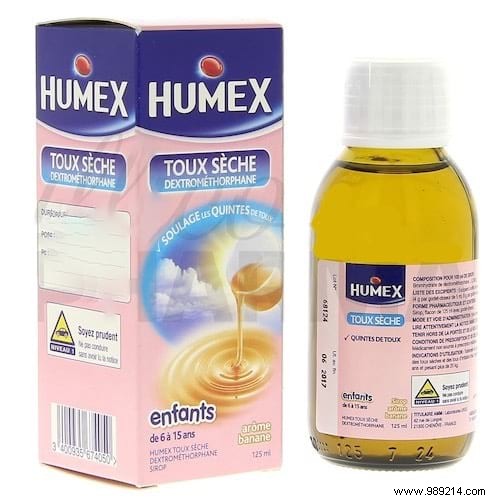
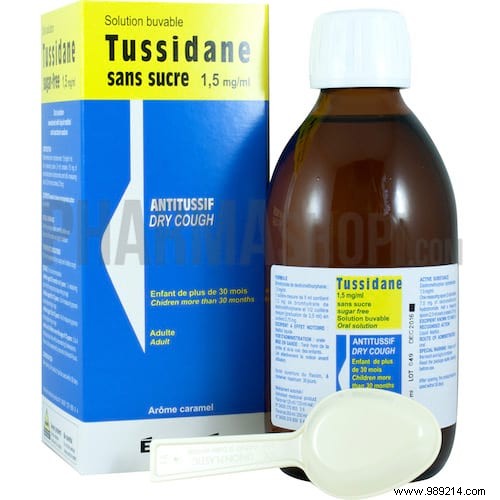
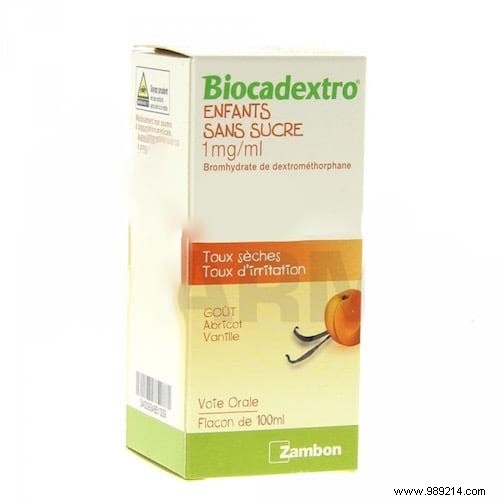
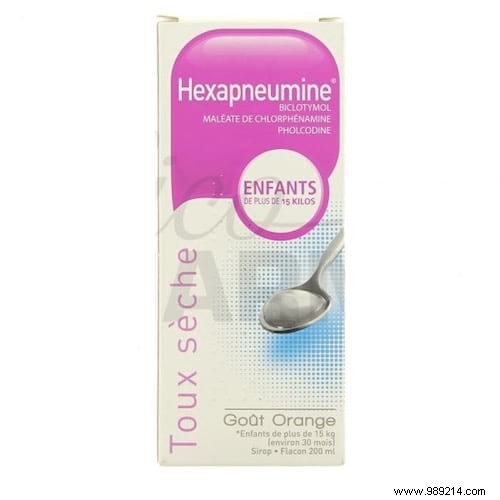
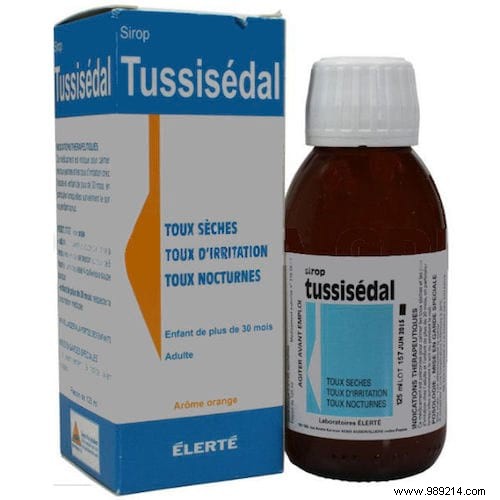


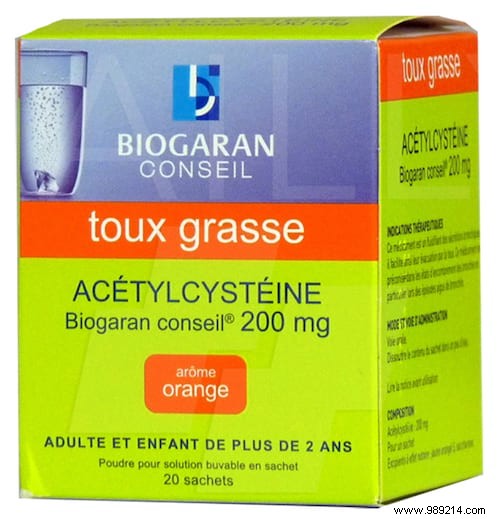



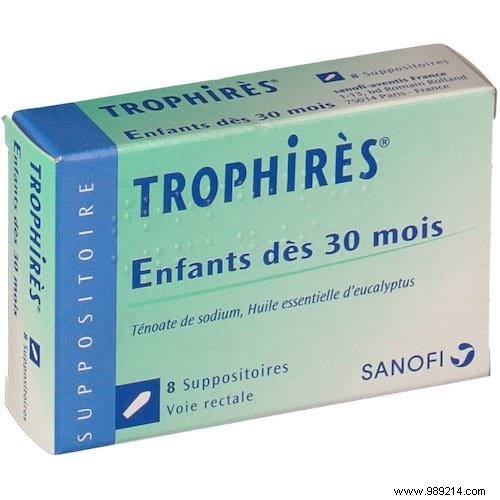



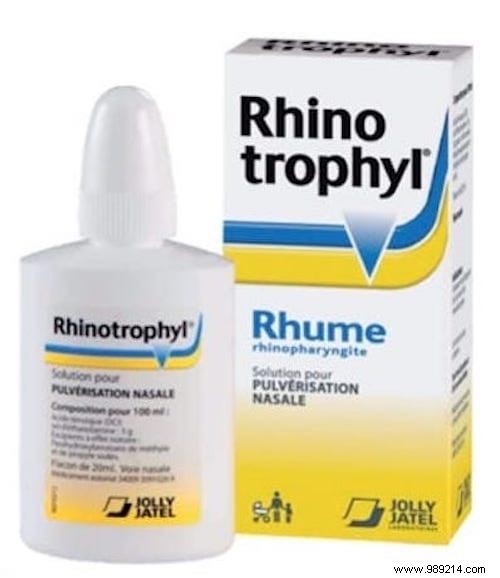


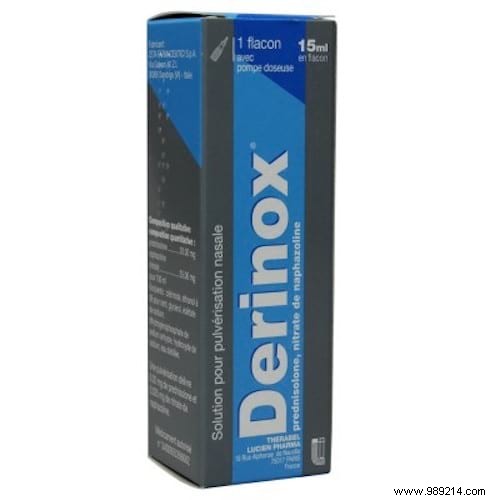

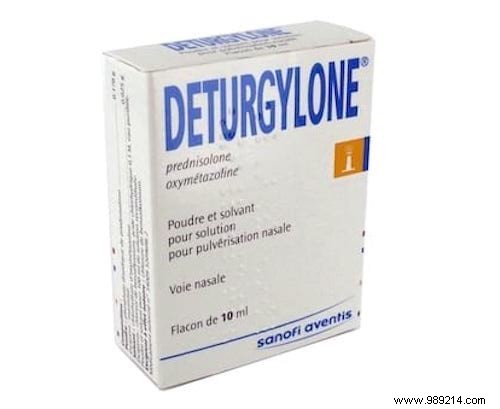

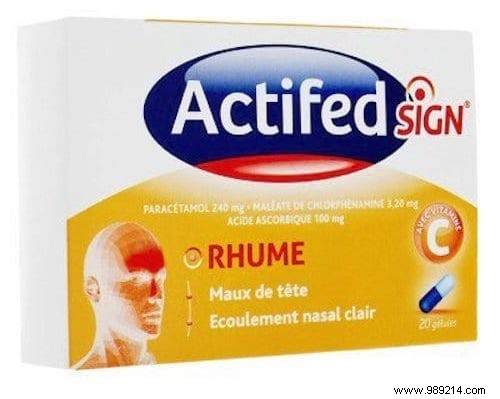
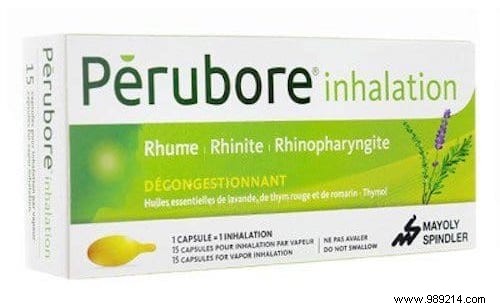
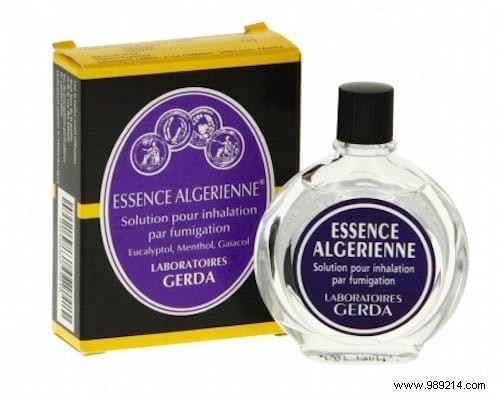
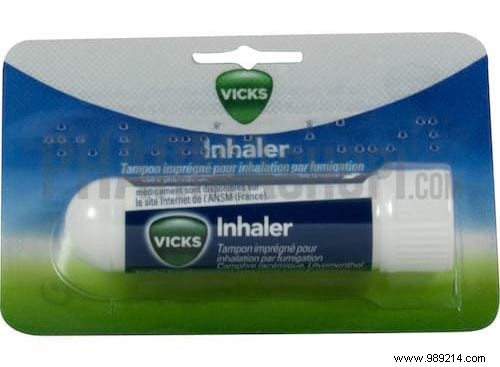
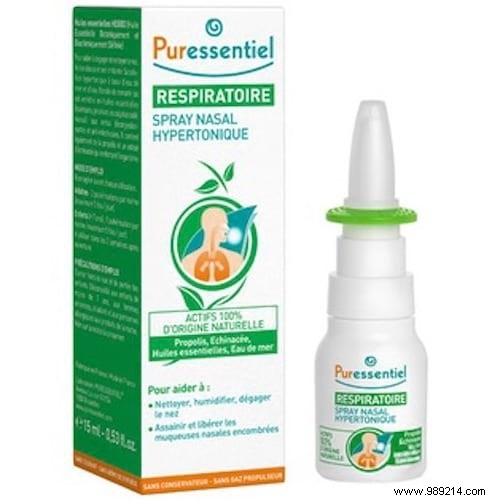
No photo for this drug. If you have one, put it in the comments so that we can add it. Thank you.
Again, no photo for this drug. If you have one, put it in the comments so that we can add it. Thank you.

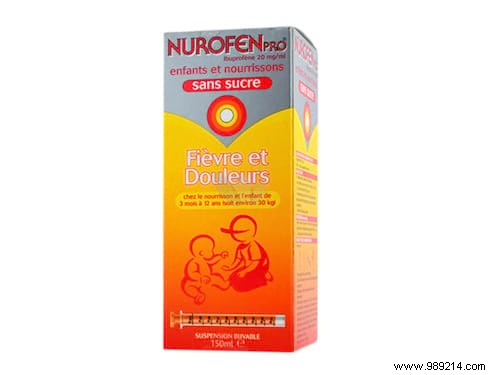



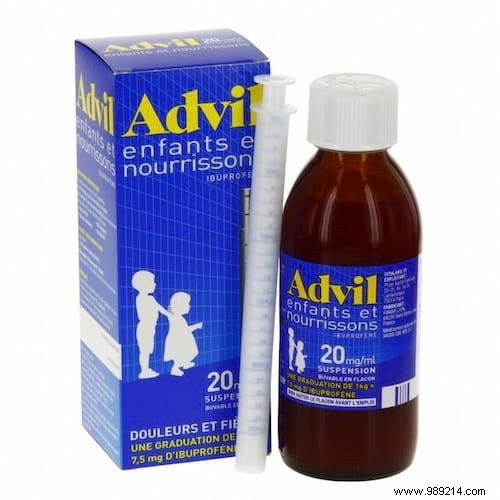

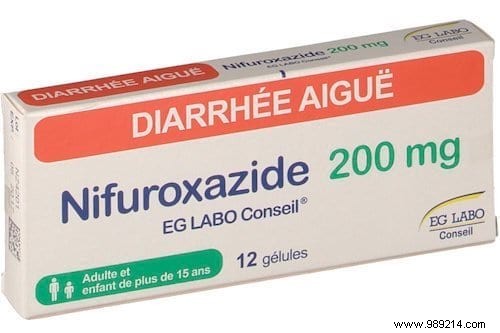
In addition to dangerous drugs, the magazine Que Choisir also listed drugs that are useless.
So no need to spend your money on these drugs that have no effectiveness in treating your children.
Here is the list of those useless drugs that there is no point in buying:
Cough:
- Humex dry cough (oxomemazine)
- Toplexil (oxomemazine)
- Fluisedal (promethazine)
- Rhinatiol (promethazine)
- Theralene (Alimemazine)
Against reflux:
- Inexium (esomeprazole)
- Mopral (omeprazole)
- Infant Gaviscon
- Polysilane (dimethicone)
- Phosphalugel (aluminum phosphate)
Against diarrhea:
- Tiorfan (racecadotril)
- Smecta (smectite)
- Saccharomyces boulardii
- Lactobacillus GG
For a baby under 3 months, it is important to consult a doctor, especially if the cough is accompanied by fever, difficulty breathing or eating. For older children, with the same symptoms, go through the doctor's box if the cough lasts more than 3 days.
After 12 months, you can use this cough-relieving remedy. To do this, mix organic honey in organic natural yoghurt.
Also consider raising the head of the bed to prevent nasal secretions from flowing into the throat. Don't forget to ventilate the house every day, avoid exposing your children to cigarette smoke and limit the temperature of the house to 19°C.
For a baby under 6 months old, it is imperative to consult a pediatrician in case of a cold as soon as possible. For older children, the visit is also necessary after 5 days if their general condition deteriorates.
The best way to cure a cold in babies and children is to use sterile salt water to clear a stuffy nose. To do this, use physiological saline in a pod.
Remember to watch a video to learn how to use it to bring out the liquid through the other nostril and prevent the child from swallowing the liquid that is too salty.
You can also use products to clean the nose such as the Prorhinel baby nasal aspirator. Know that it is not easy to use when the child moves a lot. So be careful not to damage the walls of the nose.
Except in the first 3 months or so if the child suddenly changes behavior or if purplish spots appear on the skin, the fever is not necessarily to be fought because it is just a sign that the body is defending itself against a infections.
In any case, if the fever persists beyond 48 to 72 hours, it is essential to consult a doctor. If the doctor prescribes paracetamol, prefer syrups to suppositories, because you have much better control over the dose of paracetamol actually absorbed.
If the regurgitation does not affect the child's growth and if the clinical examination is normal, there is no need to take medication.
Hygieno-dietetic measures such as thickening the food bolus or splitting meals in heavy eaters are sufficient. On the other hand, know that raising the head of the bed or imposing restrictive diets on the child or nursing mother does not help.
As a rule, reflux disappears on its own when children start to walk, which is around 12 to 18 months.
Children under 3 years of age experience between 0.5 and 2 episodes of diarrhea per year which generally remain mild. In the little ones, on the other hand, diarrhea must be carefully monitored because they run a risk of dehydration.
The main signs of dehydration are an unusual restlessness or lethargy, increased thirst, dark circles in the eyes, dry mucous membranes or even a decrease in tears or urine.
To treat acute diarrhea, oral rehydration solutions such as Adiaril, Viatol, Fanotyle and Novalac hydranova should be used. Remember to have some at home so you can act quickly.
If you don't have any, rice porridge can also do the trick before buying some. On the other hand, do not give Coke to your children because this drink is not suitable for children.
In the case of persistent vomiting, high fever, diarrhea for more than a week, blood in the stools, a stay in a tropical country or a weight loss of more than 5%, it is it is essential to consult a doctor quickly.
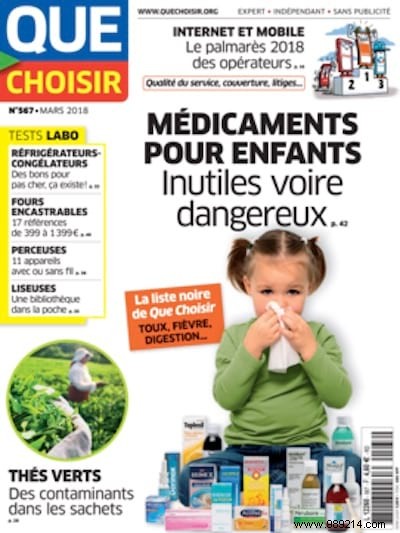
To find out more, we recommend the issue of Que Choisir on the subject.
You can find it on newsstands or here on the Internet by subscribing.